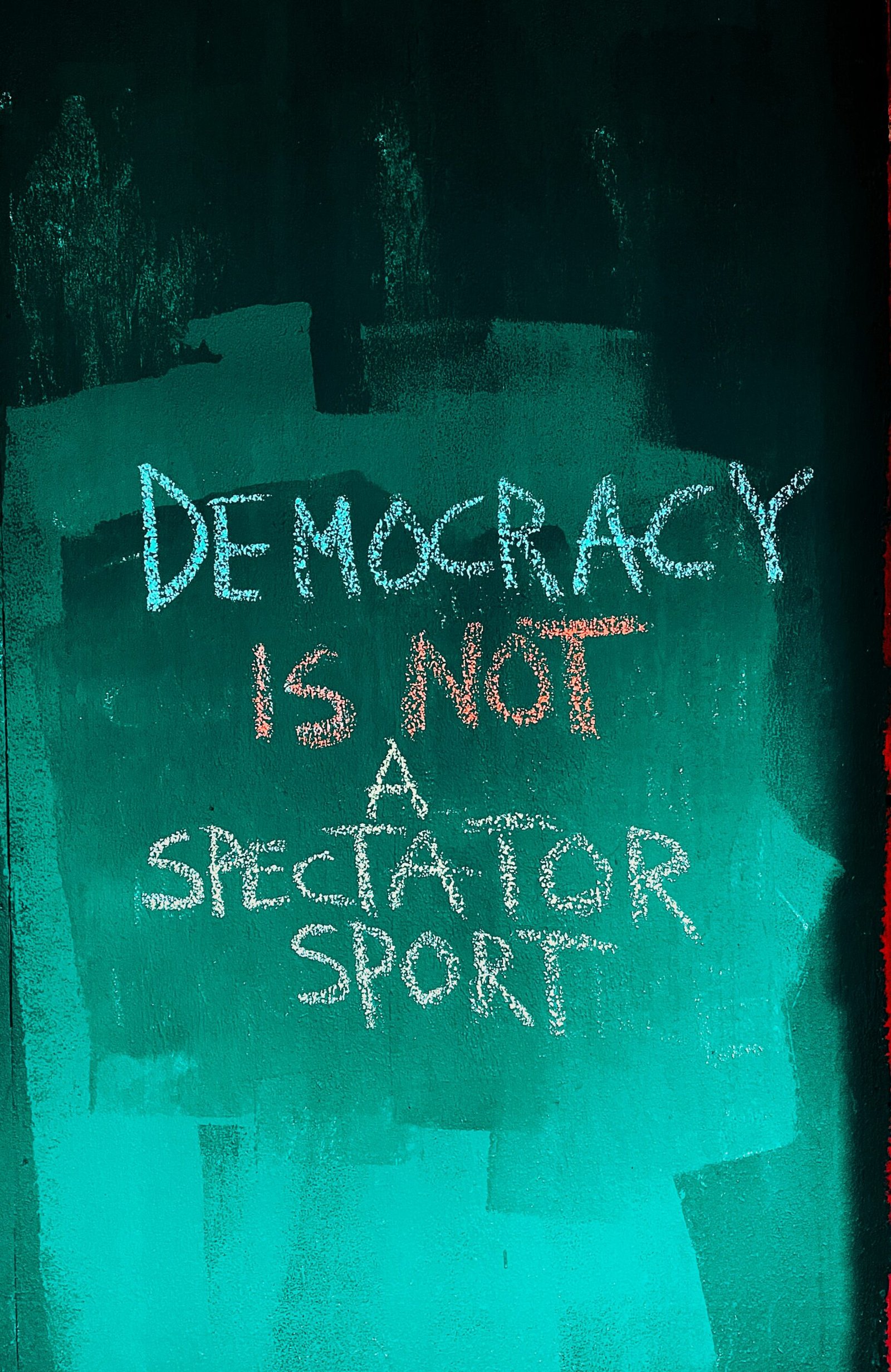Introduction to the Trump Administration’s decision
In a move that has sent ripples across the global landscape, the Trump Administration has decided to reduce funding for democracy support initiatives. This decision raises critical questions about America’s role in promoting democratic values abroad. As organizations dedicated to fostering democratic principles brace themselves for the impact, concerns mount over what this means not only for countries reliant on such support but also for the future of democracy itself. In an era where political tensions are high and authoritarian regimes are on the rise, understanding these cuts is more important than ever.
Impact on democracy support organizations
The Trump administration’s cuts to democracy support funding have sent shockwaves through numerous organizations dedicated to promoting democratic values worldwide. Many of these groups rely heavily on federal support for their initiatives.
With reduced budgets, programs aimed at strengthening civic engagement and electoral processes face significant challenges. Staff layoffs and program cancellations are becoming common as organizations scramble to adapt.
Grassroots movements, in particular, feel the strain. They often operate on tight margins and cannot absorb sudden financial losses without jeopardizing their missions.
Advocacy efforts that once had robust backing now struggle to maintain momentum, impacting local communities striving for democratic reform.
The landscape of global democracy assistance is shifting dramatically. Organizations must innovate or risk losing crucial ground in a world where democratic norms are increasingly threatened.
Criticisms of the decision
The decision to slash funding for democracy support has sparked outrage among advocates and experts alike. Critics argue that reducing financial backing undermines efforts to promote democratic values globally.
Many see this move as a betrayal of America’s role as a leader in championing human rights. Detractors emphasize that cutting resources stifles the voices of those striving for freedom and accountability in oppressive regimes.
Moreover, critics highlight the long-term implications for fragile democracies. They warn that diminishing support could lead to increased authoritarianism, creating power vacuums filled by extremist groups.
This decision also raises concerns about American foreign policy’s moral compass. By withdrawing from global commitments, the Trump administration risks isolating itself from key allies who value democratic governance.
Voices within civil society echo these sentiments, stressing that strong democracies are essential not just domestically but for global stability too. The debate surrounding these cuts continues to intensify as consequences unfold on various fronts.
Possible consequences for global democracy
The cuts to democracy support under the Trump administration may lead to a ripple effect across nations. Reduced funding can cripple organizations that promote free elections and civil liberties, often leaving vulnerable populations without crucial resources.
Countries that rely on U.
S. support for democratic initiatives might become more susceptible to authoritarian influences. Without these funds, grassroots movements could struggle to gain momentum or visibility.
In regions where democracy is fragile, such as parts of Africa and Latin America, weakened support can embolden oppressive regimes. These governments may feel less pressure to adhere to democratic norms or respect human rights.
Moreover, the withdrawal of U.
S. engagement in global democracy efforts sends a message that promoting democratic values is no longer a priority. This shift could encourage other nations with questionable records on governance to follow suit, further undermining global progress toward democracy.
Responses from affected organizations and countries
Organizations dedicated to democracy support have voiced strong concerns over the funding cuts. Many believe these reductions undermine years of progress in promoting democratic values worldwide.
For instance, groups like Freedom House and the National Endowment for Democracy have publicly criticized the decision. They argue that less financial backing will weaken civil society organizations in various countries struggling against authoritarian regimes.
Countries impacted by these cuts are also feeling the effects. Activists from nations such as Venezuela and Belarus express alarm at losing vital resources for their movements. These activists rely on international support to challenge oppressive governments.
Responses range from outrage to calls for alternative funding models. Some organizations are exploring partnerships with private donors or philanthropic foundations, hoping to fill gaps left by government cutbacks. The quest for sustaining democracy continues amidst challenging circumstances.
Alternatives for supporting democracy in the current political climate
In light of the Trump administration’s democracy support cuts, alternative strategies are emerging. Grassroots movements have gained momentum. Local activists can often mobilize communities more effectively than large organizations.
Online platforms also present new opportunities for engagement. Social media campaigns can amplify voices that traditional funding may overlook. Crowdfunding initiatives allow individuals to directly support democratic efforts worldwide.
Collaborative partnerships between NGOs and local leaders foster resilience in democratic practices. These alliances leverage resources and knowledge while remaining adaptive to changing political landscapes.
Educational programs focused on civic engagement empower citizens at all levels. By fostering critical thinking and awareness, these initiatives cultivate a generation committed to upholding democratic values.
International coalitions provide a broader safety net for democracy advocates facing repression or funding shortages. Together, these alternatives could redefine how we approach democracy in today’s complex environment.
Conclusion: The future of democracy support under the Trump Administration
The future of democracy support under the Trump Administration remains uncertain. The cuts to funding for democracy support organizations are indicative of a broader shift in U.
S. foreign policy priorities. As resources dwindle, many fear that global democratic movements could falter without adequate backing.
Democracy is not merely a political system; it is an essential pillar of human rights and freedom around the world. Without strong external support, emerging democracies may struggle against authoritarian influences or face challenges from within their borders.
Organizations dedicated to fostering democratic values now find themselves at a crossroads. They must adapt and innovate to continue their vital work despite financial constraints. This situation calls for collaboration with alternative partners and grassroots initiatives that can sustain momentum even in challenging environments.
As nations navigate these turbulent waters, the impacts of reduced U.
S. commitment will resonate far beyond its borders, shaping the landscape of global governance for years to come. The resilience of democracy relies on collective efforts, urging stakeholders everywhere to reimagine how they can contribute positively in this evolving scenario.





